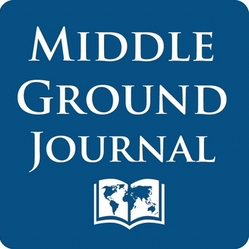Ideology and Disease: Cholera, Policy and Identity during the Sino-Japanese War

By Roberto Padilla, The University of Toledo History
Abstract
During the Sino-Japanese War the Japanese army medical bureau employed medical protocols based largely on their ideological import. The result was a failed system of testing that prevented the early identification of a cholera epidemic that swept through the warzone. Near the end of the conflict the epidemic also spread to Japan.
Key words: cholera, “Asiatic cholera,” Meiji Era, ideology, reform, Germ Theory, epidemic, Catarrh, quarantine, medical knowledge, disease and military.
Edited by Birgit Schneider.
This is a special summer issue of the journal called, Pandemics in Historical Perspective. Every Friday, or nearly every Friday, through mid-June another article will be published. The articles, as they are published, will be open to moderated comments. We invite readers to comment or to ask questions of the authors. Check back each week to see the next article and to see how the conversation has evolved.
© 2019 and 2020 The Middle Ground Journal Number 19, 2019-2020 special summer issue http://TheMiddleGroundJournal.org. See Submission Guidelines page for the journal’s not-for-profit educational open-access policy.


You must be logged in to post a comment.